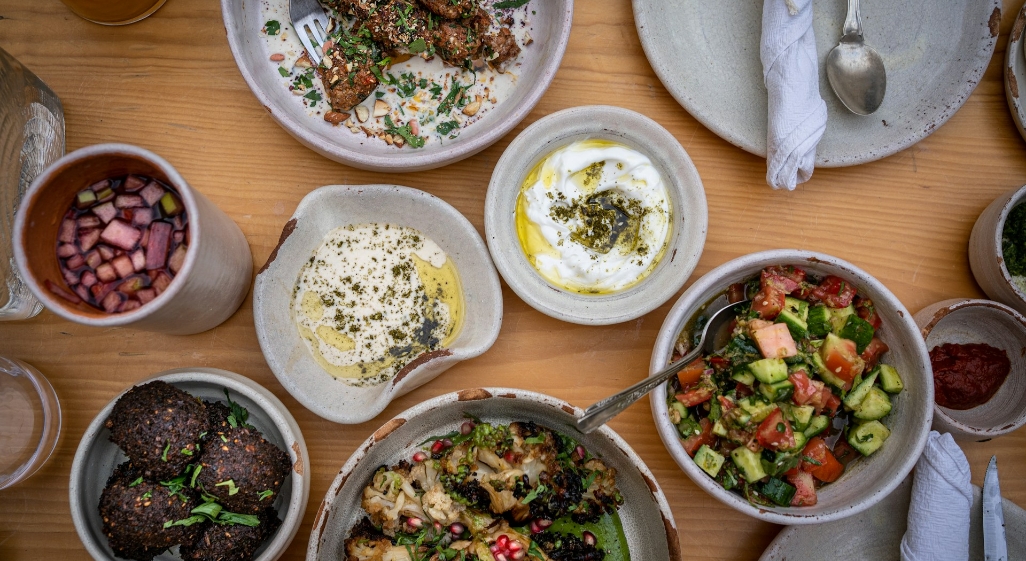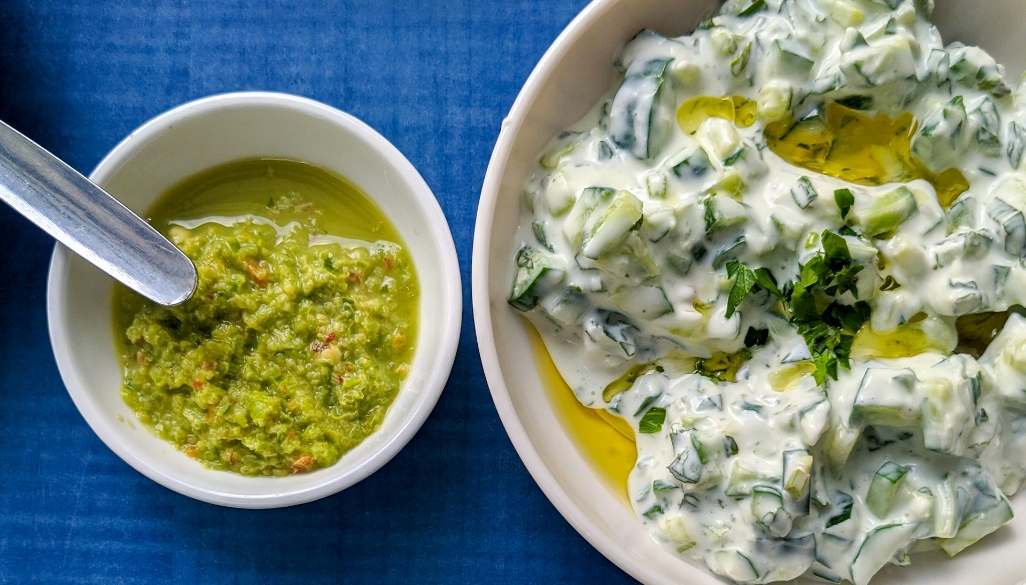The Mediterranean Magic: Why This Diet is the Key to Health and Longevity

After reading countless responses from our dietitians about the importance of eating nutrient-dense foods, it’s safe to say their advice has rubbed off on me. While I ate fairly healthily before, I now find myself obsessively filling my plate with foods high in fibre, protein and healthy fats. There’s something satisfying, even reassuring, about knowing that each bite is nourishing my body in a way that supports longevity and vitality.
In practical terms, this shift has led me to embrace a diet that’s become increasingly popular over the years: the Mediterranean diet. It seems to be everywhere these days - on health blogs, in cookbooks, even on social media feeds. But with all the praise it gets, one might wonder: What exactly makes this way of eating so healthy? And more importantly, can we trust the hype?
At its core, the Mediterranean diet isn’t just a set of food rules; it’s a lifestyle rooted in the eating habits of people from countries bordering the Mediterranean Sea. This diet emphasises whole, minimally processed foods - things like fruits and vegetables, whole grains, legumes, nuts, seeds and fish. It also champions olive oil as the primary source of fat, while keeping red meat consumption to a minimum. What stands out most, though, is the attention to balance and the inclusion of foods rich in fibre, protein and healthy fats - exactly what my dietitians have been advocating for.
What makes the Mediterranean diet so compelling from a health perspective is the synergy of these foods. Fibre, for instance, is a powerful ally for our digestive system, promoting regularity and providing fuel for beneficial gut bacteria. The high-fibre fruits, vegetables, legumes, and whole grains that are central to the Mediterranean diet also offer antioxidants, which help protect cells from damage caused by free radicals.

But it’s the inclusion of healthy fats - specifically those found in olive oil, nuts and fatty fish - that truly distinguishes this diet. These fats, rich in monounsaturated and polyunsaturated fatty acids, have been shown to support heart health by reducing bad cholesterol levels and lowering inflammation. Olive oil, for example, has earned its reputation as a “superfood” due to its wealth of beneficial compounds, including oleocanthal, which has been linked to a reduced risk of chronic diseases like heart disease and cancer.
Then there’s protein. While the Mediterranean diet doesn’t rely heavily on meat, it does emphasise the consumption of high-quality protein sources. Fish, particularly fatty fish like salmon and sardines, is a cornerstone of the diet, offering not just protein but also omega-3 fatty acids - those heart-healthy fats that are essential for brain and cardiovascular health. Plant-based protein from legumes and nuts is also encouraged, providing a sustainable and cholesterol-free alternative to animal-based protein.
Of course, there’s more to this way of eating than just food. It’s about creating an environment where meals are savoured, shared and enjoyed. In Mediterranean cultures, food isn’t just fuel: it’s an experience, a time to gather with loved ones and savour the pleasures of the table. This communal aspect of eating has been shown to contribute to a greater sense of well-being and satisfaction, which may explain why those who follow the Mediterranean diet tend to have longer, healthier lives.
The Mediterranean diet offers a holistic approach to eating - one that emphasises balance, nourishment, and a connection to the land and the people around us. It’s a way of eating that respects food in its most natural, unadulterated form, with an emphasis on variety, moderation and sustainability.












